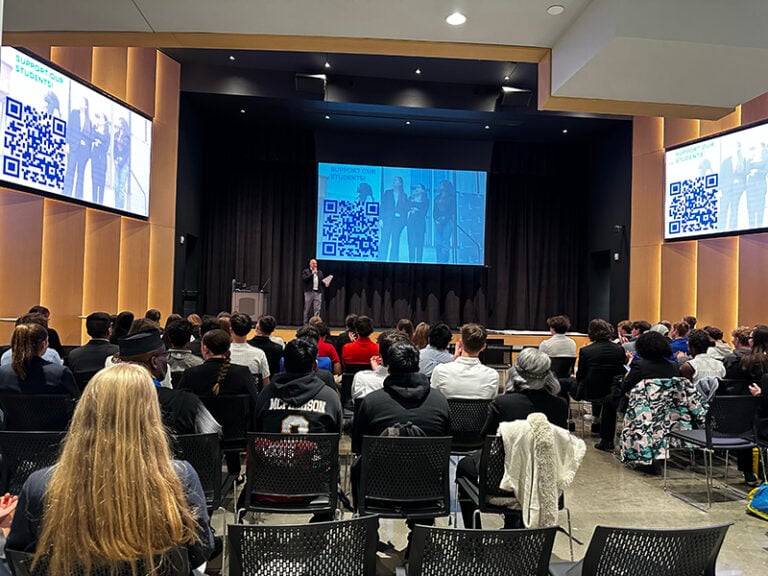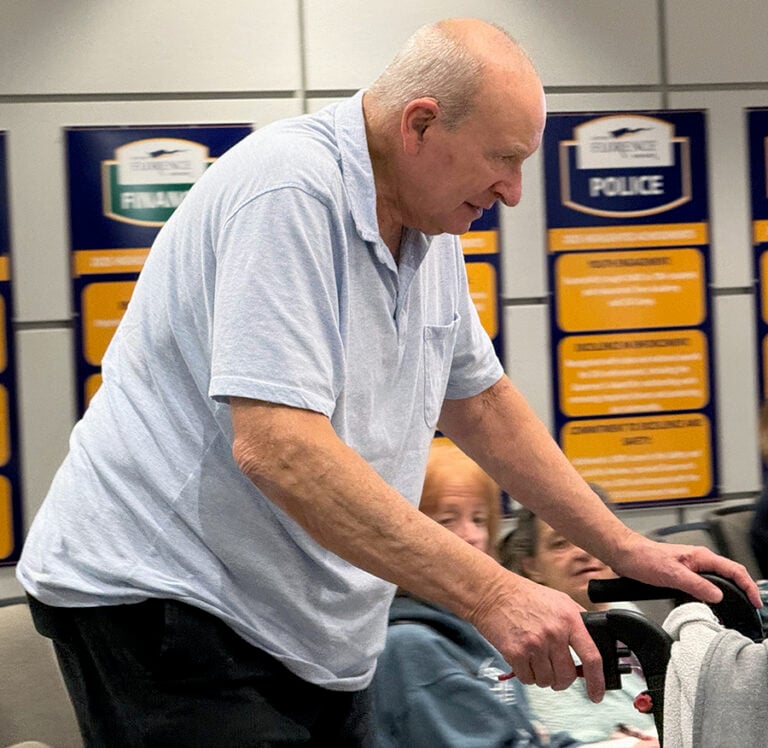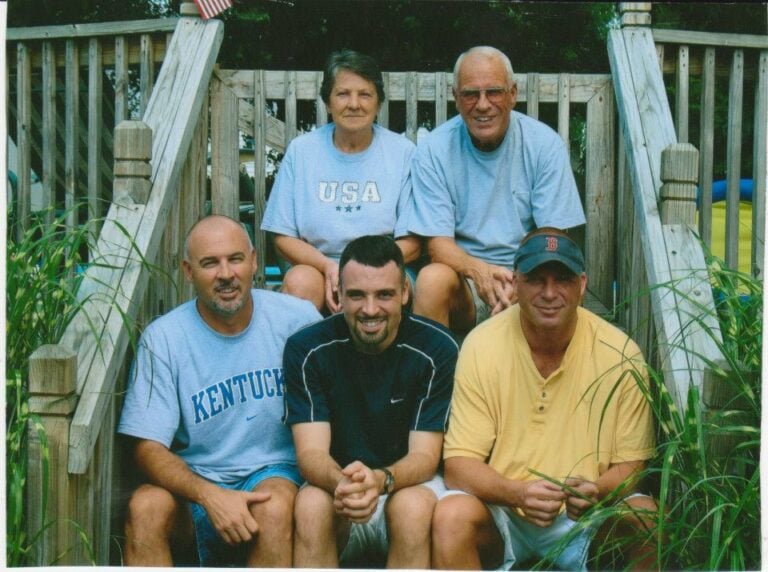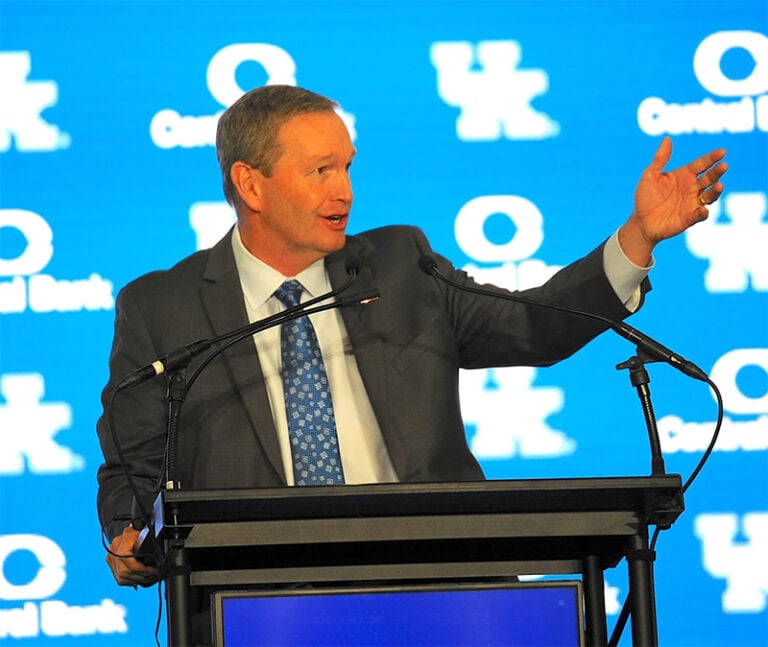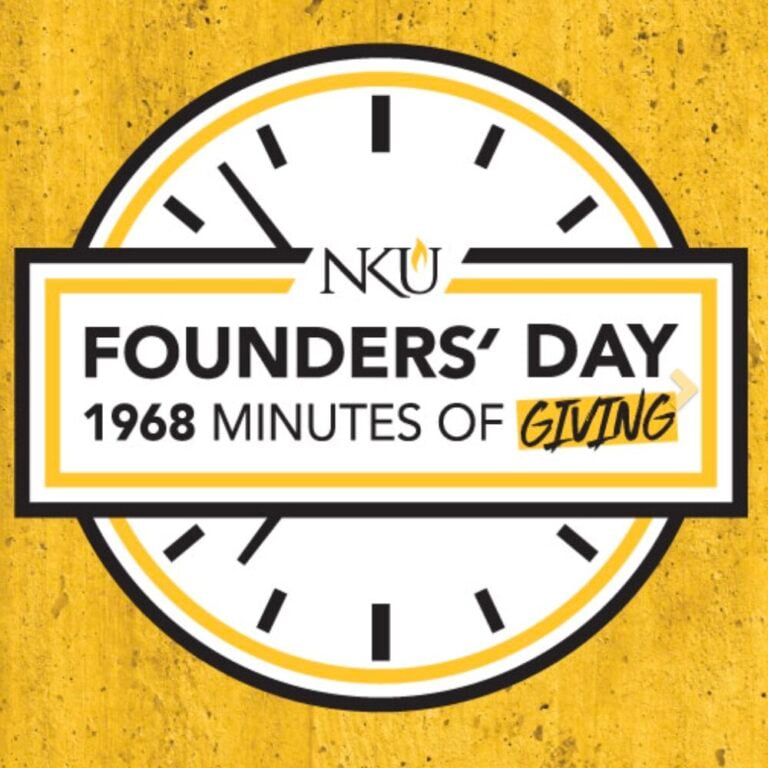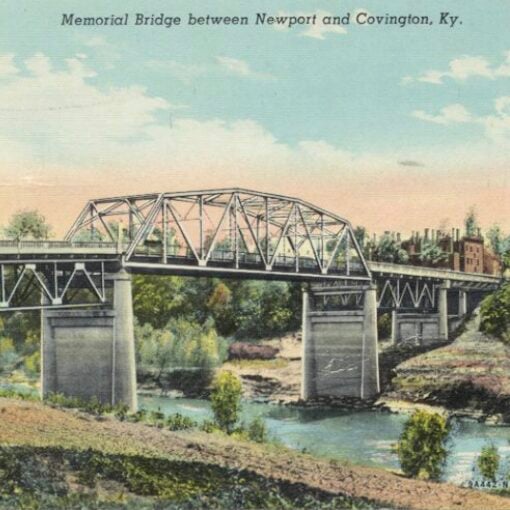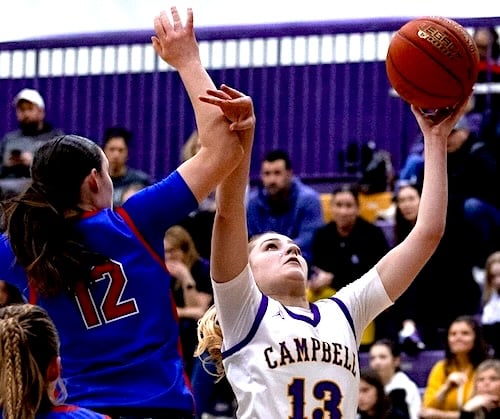The signature moment of ESPN’s wildly popular College GameDay show always comes at the end, when Lee Corso, the most effervescent 80-something year old in America, dons the headgear of whichever team he’s picking to win the game soon to be played at whatever campus the show is visiting.
On Saturday, for the first time ever, College GameDay is coming to you live from the University of Louisville, which will play host to mighty Florida State in a noon game (ABC TV) that has to rank among the most significant and anticipated in program history.
Since Corso coached the Cardinals from 1969-72, taking his final team to a 9-1-1 record and a berth in the Pasadena Bowl (O.K., it was a big deal then), many U of L fans are wishing, hoping, and thinking Corso will don the Cardinal bird head.

Not so fast, my friends.
Corso also is a 1957 Florida State graduate, where one of his roommates and teammates was Burt Reynolds, an actor of whom you may have heard. He played both ways, quarterback and defensive back, and set a record for career interceptions that lasted for many years.
So what will Corso do?
Well, history tells us that he is no homer. He will put on the headgear of the team he honestly believes will win, no matter how loudly he may get booed by the students and fans who always gather behind the GameDay set. So don’t expect sentiment – either for his alma mater or his former employer – to sway him one way or another.
Truth be told, there were bruised feelings on both sides when Corso left U of L for Indiana University. It wasn’t so much the Cards’ fans begrudged Corso the opportunity to coach in the Big Ten (the Cards were in the Missouri Valley at the time). It was just that they felt he had betrayed their love.
In those days, U of L’s home games were played on the grass and dirt field at Fairgrounds Stadium, which was built to be mainly a baseball park. On rainy days, the field would become so soggy that football contests looked more like mud-wrestling exhibitions.
After the ’72 season, Corso leveraged his success and popularity to get the State Fair Board to replace the dirt and grass with an artificial turf. But that so upset Bill Gardner, owner of the Louisville Colonels Triple-A baseball team, that he moved his franchise to Pawtucket, R.I.
Despite getting his way, Corso still left for Bloomington, beginning a dismal decade in which the city had no Triple-A baseball, but a lot of mediocre football under coaches T.W. Alley, Vince Gibson, and Bob Weber.
The city began a sports renaissance in 1982, when A. Ray Smith moved his Triple-A Redbirds, top farm team of the St. Louis Cardinals, from Springfield, Mo., to Louisville. Two years later, the Cards shocked the football world by hiring Howard Schnellenberger, a graduate of Flaget High and UK who had coached Miami to the 1983 national title.
That was when U of L made a serious commitment to big-time football instead of dropping down in classification, as some faculty and supporters had advocated. The road to Saturday began then.
It’s a little-known fact that after Corso was fired by IU after the 1982 season, U of L athletics director Bill Olsen tried to get him to come back to Louisville and be a fund-raiser, glad-hander, and all-around promoter for the athletics department.
Corso seriously considered the offer – he still had a lot of friends in Louisville such as the later Harry and Nancy Jones – but decided to stay in coaching. After a year at Northern Illinois and another one in the United States Football League, he finally retired and went into private business.
But in 1987, Tom Jackson, who had played for Corso at U of L before teaming with Chris Berman on ESPN’s NFL Game Day show, convinced his bosses to take a look at Corso for the college version of the show.
The rest, as they say, is TV history.
If Corso’s departure in 1972 set back the progress of U of L’s football program, so did the attitude of Florida State coach Bobby Bowden in the 1980s.
After leaving the Missouri Valley Conference following the 1974 season, U of L was an independent in football until joining Conference USA before the 1996 season.
However, in all sports except football, the Cardinals belonged to the Metro Conference from 1975 through 1996, when the Metro was folded the Great Midwest, which was folded into Conference USA.
The six founding members of the Metro were U of L, Cincinnati, Memphis State, Georgia Tech, Tulane, and St. Louis. Over the next eight years, Georgia Tech and St. Louis left, but the addition of Florida State, South Carolina, Virginia Tech and Southern Miss left the Metro in position to have a very good football conference.
But the league never sponsored football because Bowden adamantly refused to give up Florida State’s independence in football.
His lame excuse was that the distance between Florida State and the league’s northernmost members – U of L and Cincinnati – was so great that it precluded establishing strong rivalries.
The real reason, of course, were that he felt that by remaining independent, Florida State could put together a schedule more conducive to winning national championships. There also was the matter of Florida State being able to keep all its TV revenue instead of sharing it with league members.
Interesingly, U of L stopped stopped pushing Florida State to become a Metro football member when Schnellenberger was hired in 1984. That’s because Schnellenberger had the same views as Bowden. In fact, the main reason he left U of L in 1996 was that he was adamantly opposed to becoming a football member of Conference USA.
Although the Cards are a pitiful 2-14 all-time against Florida State, one of those victories – 26-20 in overtime on Sept. 26, 2002 – was a watershed moment, so to speak, in U of L football history.
On a sultry late-summer night in which it never stopped raining in Papa John’s Cardinal Stadium, Coach John L. Smith’s Cards stunned the nation’s fourth-ranked team.
U of L pushed the game into overtime when Dave Ragone connected on a one-yard touchdown pass to Damien Dorsey with 11 minutes 37 seconds to go in the fourth quarter, tying the score at 20-20.
The Cardinals won the coin toss in overtime and elected to start on defense. Seminole quarterback Chris Rix dropped back at the 25-yard line and threw a pass that fluttered to Cards’ defensive back Anthony Floyd.
”He just threw it bad,” Bowden said. ”When he threw that thing, it was like a dead duck.”
Henry Miller ran 25 yards for the winning touchdown, leading the water-soaked crowd to storm the field and tear down the goal posts that had been specially ordered in case of a Cardinal victory.
Big as that one was at the time, this one is even bigger. That’s why ESPN’s College GameDay is here. This time both teams are unbeaten and ranked in the nation’s Top 20. This time U of L has the sophomore quarterback who so far has been college football’s most exciting player (Lamar Jackson) and Florida State has junior running back (Dalvin Cook), who made all the early Heisman Trophy lists.
College GameDay always invites a celebrity mystery guest to make a pick, usually an alumnus of one of the competing universities. Around here this week, speculation has spun around such names as actress Jennifer Lawrence, former star Cards’ quarterback Teddy Bridgewater, and U.S. Senate Majority Leader Mitch McConnell, a U of L graduate and booster.
But that will be just the warmup act. What everyone wants to know most is which headgear Corso will don at the show’s end.
I’m betting on the Cardinal bird for one reason only: I believe that Corso, like me, will come to the conclusion that U of L simply has the better team.
Billy Reed is a member of the U.S. Basketball Writers Hall of Fame, the Kentucky Journalism Hall of Fame, the Kentucky Athletic Hall of Fame and the Transylvania University Hall of Fame. He has been named Kentucky Sports Writer of the Year eight times and has won the Eclipse Award twice. Reed has written about a multitude of sports events for over four decades, but he is perhaps one of media’s most knowledgeable writers on the Kentucky Derby








